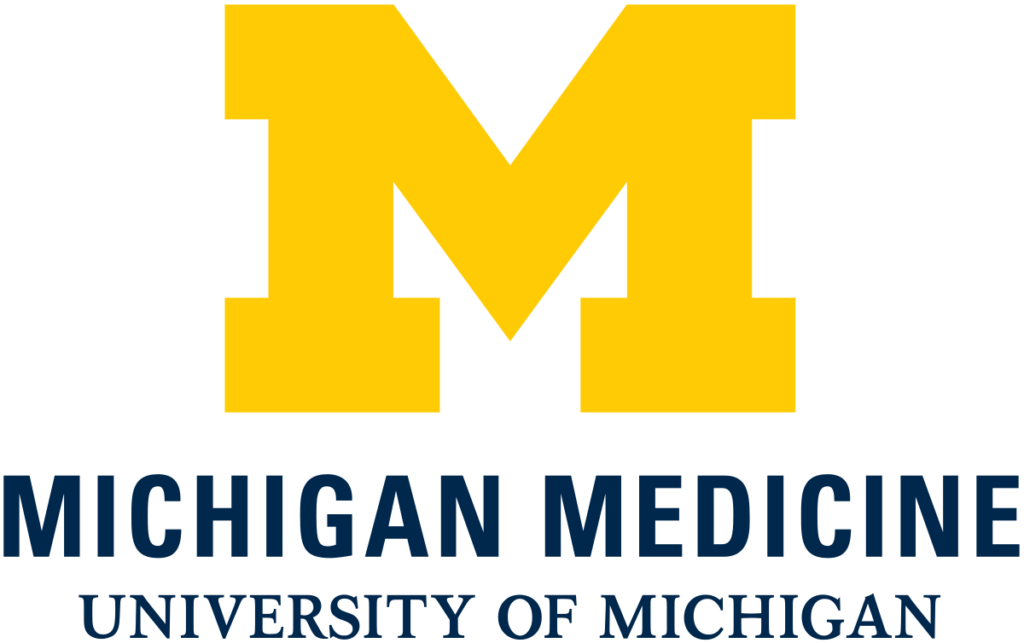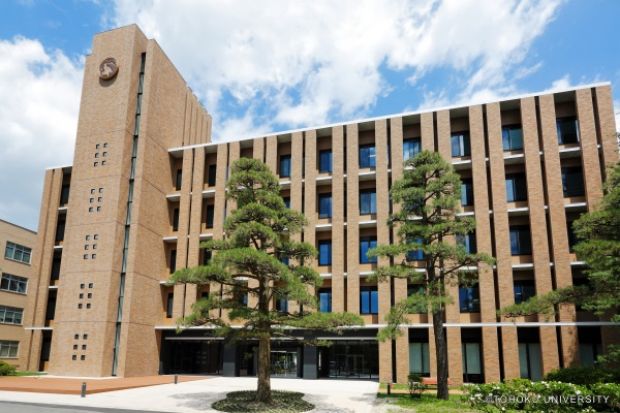
In 1965, the State of Michigan took a landmark step in advancing gerontology as a field of inquiry in the United States by creating at the University of Michigan the nation’s first state-funded center on aging. The Institute of Gerontology (IoG) grew into a premier center for aging research and remains at the forefront of the field. In 2004, the Regents of the University of Michigan merged the Institute of Gerontology with the Geriatrics Center, under the direction of Jeffrey B. Halter, M.D. The combination integrated U-M’s internationally recognized clinical, educational and research programs, which are expanding knowledge of the aging process and addressing the health care concerns of older adults.
Today, the Institute of Gerontology is one of the oldest and most highly regarded academic programs of its kind. Operating as the research arm of the U-M Geriatrics Center, the IoG is a major resource in studying the aging process and is home to a world-class faculty.
The University of Michigan Geriatrics Center is committed to developing multidisciplinary and translational initiatives in aging research and training to advance the state of knowledge regarding the medical problems of the older adult. Nearly 250 faculty from throughout the Medical School and the University participate in aging research totaling more than $75 million in NIH research support annually.
Basic research studies are conducted at the cellular and molecular level by a team of approximately 70 faculty members, technicians, postdoctoral fellows, and graduate and undergraduate students. Their work examines the effects of aging on cell function, molecular pathways, and late-life diseases in human and animal model systems.









